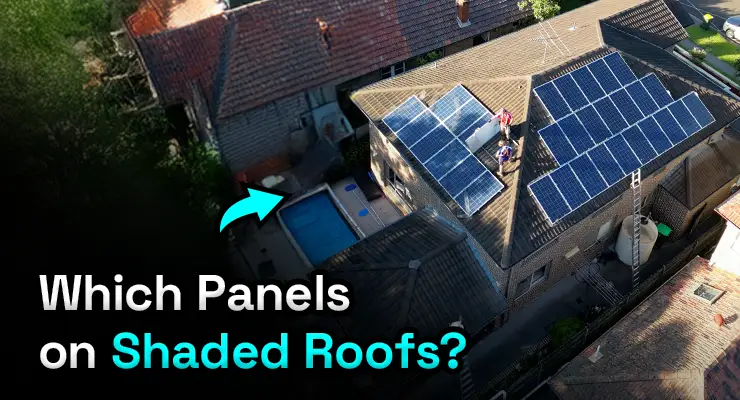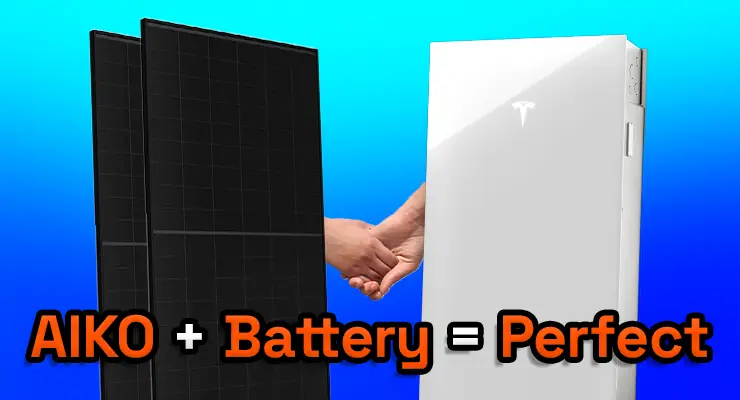Fast read
Solar panels are generally safe with low fire risk when properly installed and maintained.
High-quality equipment and installation practices are crucial to ensure safety.
- Roof-top DC isolators, once intended for safety, can pose risks as they age, leading to water ingress, corrosion, and fire.
- Cable management and sealing are vital.
- Inadequate sealing can allow moisture into the system, causing corrosion and fire risks.
- Mismatched or poorly connected solar panel plugs may also increase resistance, sparking, and fires.
- Damage to panels from weight, impact, or shading can create microcracks and hotspots, potentially causing fires over time.
Preventing risks involves using reputable, accredited installers, quality solar panels, regular inspections, proper maintenance, and keeping panels debris-free.
What can cause Solar panels to catch fire?
Solar panels or rooftop solar systems are extremely safe and have a low fire risk, mainly during regular inspection and maintenance.
However, a risk of fire from solar panels can occur in situations of poor installation practices, use of poor-quality solar panels and components, and inadequate maintenance. To ensure you get the best solar system from a quality installer, you should read our article on how to know if your solar installer is certified:
The popularity and increasing numbers of solar panels over the last 15 years or so have led to a number of fires caused by solar panel systems across the country. However, the number of incidents is still extremely small when compared to the over 3 million homes in Australia that now have solar panels installed.
Roof Top DC isolators
For many years, it has been a requirement to install DC Isolator switches at the Solar panels on the roof so that fire services, etc, can switch off/ disconnect the solar power so that they can safely fight fires or work on the roof. While prioritising firefighter safety, installing an isolator switch on the roof exposed it to the elements and weather, increasing the risk of fire due to the isolator ageing, cracking, and leaking on the roof.
Cable termination/management
Poor-quality cable management and cable conduits (cable tubing) have also caused fires. If the conduit isn’t sealed or glued where it enters the isolators, elbows, or cable entry points, it can lead to fire hazards.
Solar panel connection plugs
The connection plugs that connect solar panels have been responsible for a number of fires from solar panels. While quality brand plugs that are correctly connected, installed and secured under the solar panel are extremely safe, there are a few risks if not done correctly.
Fires have occurred when users utilize the same version of plugs from different manufacturers, which hasn’t resulted in a perfect connection and seal. This lack of perfection leads to increased resistance, heat arcing, and ultimately, a fire.

A quality solar installer using quality equipment and installation practices will negate the fire risk
Damage to solar panels can cause fire
Weight or force applied to the glass or cells from the front or back, such as walking on the solar panel, leaning, sitting on it, or impacts from objects like footballs, cricket balls, golf balls, etc., can damage the solar cells on the panel.
This can lead to damage and microcracking of the solar cells. These micro-cracks create a resistance point in the cells when it is creating electricity.
Over time, the resistance generates increased heat and wear on the cell, known as hotspots, which, over time, can create enough heat to start a fire.
The shaded point on the solar panel creates a resistance point on the cells, at which point the current cannot pass through. This creates heat again, which, over time creates stress in the cell, which can lead to a fire.

Risk prevention
While a few risks are highlighted above, these risks can be minimised, and overall, solar systems are extremely safe. The thing to keep in mind to limit the risk of fire is;
- Use a quality installer with experience installing solar panels, and don’t cut corners.
- Make sure quality, known brands of solar equipment are used.
- Have the solar system inspected regularly. This will ensure the system’s safety and ongoing high performance.
- Ensure there is no build-up of leaf debris under or around the solar panels, which could fuel a fire if it were to start.
- Using Micro inverters or DC power optimisers which manage the power from each solar panel, rather than a string inverter which manages the power from a series of panels together, can also reduce the fire risk. This is because you are reducing the voltage at any point in the solar system, reducing the heat generated and, therefore, fire risk.
Solar system health check
While solar panels are generally a safe and clean energy source, specific factors can lead to fires in solar panel systems. Ensuring safety and minimizing risks is paramount. Quality installation, equipment, and maintenance are key factors in preventing fires. For instance, roof-top DC isolators initially intended for safety, sometimes pose a risk when exposed to the elements and aging.
Additionally, damage to solar panels, especially microcracks and hotspots caused by physical force or shading, can create fire risks over time.



